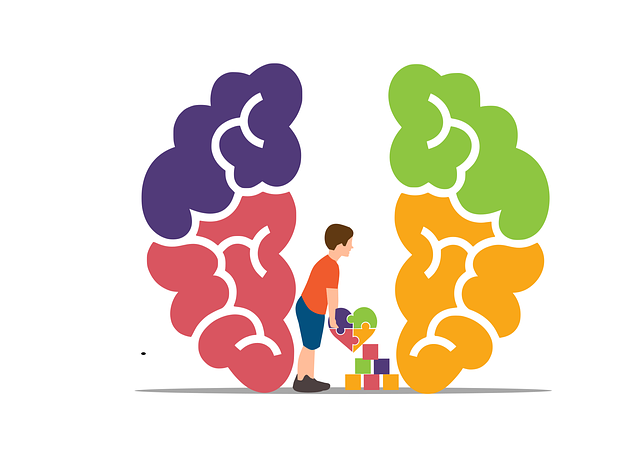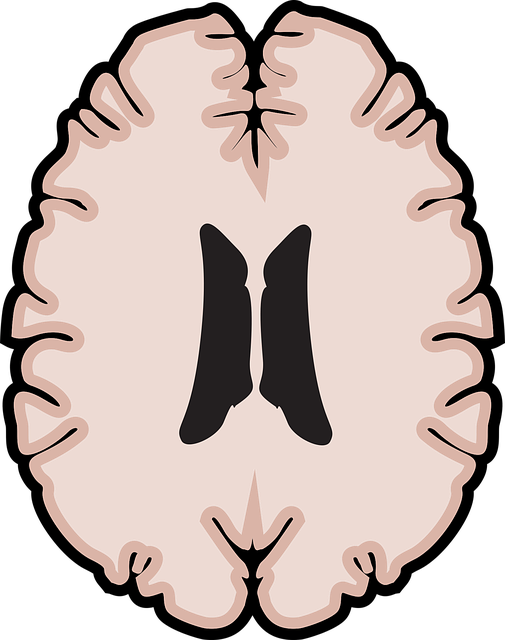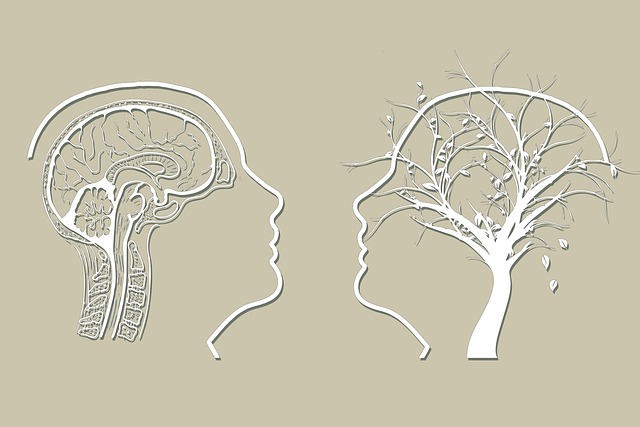Emotional Intelligence (EI), as developed through methods like Westminster Codependency Therapy, is a powerful driver of successful human interaction and personal growth. By recognizing, understanding, and managing emotions, both one's own and others', individuals improve mental health, enhance relationships, and contribute to more empathetic communities. Key aspects include cultivating self-awareness through mindfulness and journaling, adopting self-care routines, and developing empathy through active listening and perspective-taking. Westminster Codependency Therapy transforms relationships by addressing codependent patterns, fostering mutual respect, and providing tools for effective communication and well-being.
Emotional intelligence (EQ) is a powerful tool for personal growth and success. Understanding and managing your emotions, along with developing empathy, are key components of building EQ. This article explores these crucial aspects, offering insights into how you can enhance your emotional awareness and interpersonal relationships. We delve into the significance of EQ in today’s world and provide practical strategies, including the transformative power of Westminster Codependency Therapy, to cultivate healthy connections and lead a more fulfilling life.
- Understanding Emotional Intelligence and its Importance
- Identifying and Managing Your Emotions
- Developing Empathy: The Foundation of EQ
- Cultivating Healthy Relationships through Westminster Codependency Therapy
Understanding Emotional Intelligence and its Importance

Emotional Intelligence (EI), often measured through traits like self-awareness, empathy, and social skills, is a crucial aspect of human interaction and personal growth. It involves recognizing, understanding, and managing one’s own emotions, as well as empathizing with and effectively communicating with others. This concept has gained significant importance in various fields, including mental health and healthcare. For instance, Westminster Codependency Therapy integrates EI to help individuals navigate complex emotional relationships and dependencies, fostering better mental health awareness and depression prevention strategies.
The significance of EI extends beyond personal relationships; it’s a vital tool for professionals in diverse sectors. Healthcare providers, for example, can enhance their patient interactions by incorporating EI into their practice. This is especially relevant in the context of healthcare provider cultural competency training, where understanding emotions plays a pivotal role in delivering quality care, especially when dealing with culturally diverse populations. By cultivating emotional intelligence, individuals not only improve their personal relationships but also contribute to a more empathetic and responsive society.
Identifying and Managing Your Emotions

Identifying and managing your emotions is a cornerstone of emotional intelligence building. It involves recognizing when you’re feeling stressed, overwhelmed, or anxious, and understanding why. This process begins with self-awareness—taking time to reflect on your feelings and thoughts, especially in moments of intensity. Techniques like mindfulness meditation, journaling, and engaging in creative pursuits can help foster this awareness. Westminster Codependency Therapy emphasizes the importance of these practices in developing a healthy emotional response. By understanding our emotional triggers, we can start to manage them more effectively, preventing reactions that may later regret.
Incorporating self-care routines into your daily life is another key strategy for burnout prevention, particularly for healthcare providers. A well-structured self-care routine includes physical activity, adequate sleep, and activities that nurture mental health. This could be as simple as dedicating time for hobbies or connecting with loved ones—the focus should be on what recharges your batteries. In line with Mind Over Matter principles, taking care of ourselves allows us to better show up for others and face life’s challenges with resilience. For healthcare providers, this might mean setting boundaries, prioritizing rest, and seeking support when needed to avoid emotional exhaustion.
Developing Empathy: The Foundation of EQ

Developing empathy is considered the foundation of emotional intelligence (EQ). It involves understanding and sharing the feelings of others, fostering deeper connections and enhancing interpersonal relationships. According to Westminster Codependency Therapy, this skill can be cultivated through active listening, putting oneself in another’s shoes, and acknowledging their emotions without judgment. By developing empathy, individuals can improve their communication, resolve conflicts more effectively, and build stronger bonds with friends, family, and colleagues.
In the context of mental wellness, cultivating empathy is crucial for promoting cultural sensitivity in mental healthcare practice. It enables professionals to approach diverse clients with an open mind, respecting their unique backgrounds and experiences. The Mental Wellness Podcast Series Production highlights that culturally sensitive practices can significantly boost confidence among individuals seeking support, leading to more effective therapy outcomes.
Cultivating Healthy Relationships through Westminster Codependency Therapy

Cultivating Healthy Relationships through Westminster Codependency Therapy is a powerful tool for personal growth and emotional intelligence building. This therapeutic approach focuses on identifying and modifying unhealthy patterns in relationships, often rooted in codependency. By understanding the dynamics of codependent relationships, individuals can develop stronger boundaries, foster mutual respect, and nurture genuine connections with others.
Westminster Codependency Therapy emphasizes the importance of self-awareness and introspection to cultivate inner strength and resilience. Through this process, individuals learn to communicate effectively, assert their needs, and recognize when a relationship becomes imbalanced. Social skills training becomes integral, as it equips individuals with the ability to form healthy attachments, resolve conflicts constructively, and build supportive networks, ultimately enhancing overall emotional well-being.
Emotional intelligence is a powerful tool for personal growth and fostering meaningful connections. By understanding and managing our emotions, developing empathy, and adopting healthy relationship dynamics like those encouraged by Westminster Codependency Therapy, we can significantly enhance our EQ. These strategies allow us to navigate life’s challenges more effectively, build stronger bonds, and create a more fulfilling existence. Embracing emotional intelligence is a journey that requires dedication and self-awareness, but the benefits are indelible.














